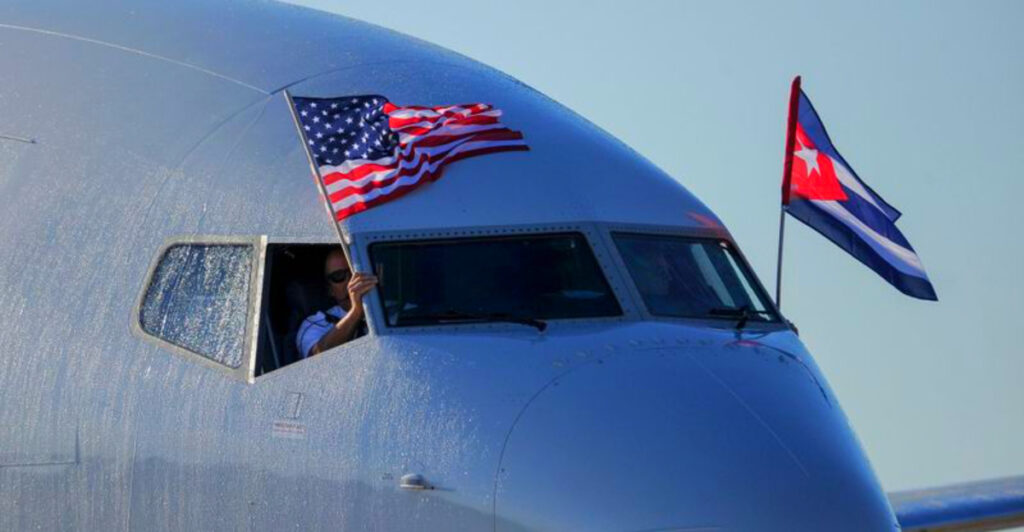American Airlines is making big changes to where it flies in 2026. The airline plans to cut back on trips to Cuba while adding many more flights to exciting European cities. These shifts show how airlines must adapt when travel patterns change and passenger preferences evolve.
1. Cuba Flight Cuts Require Government Permission
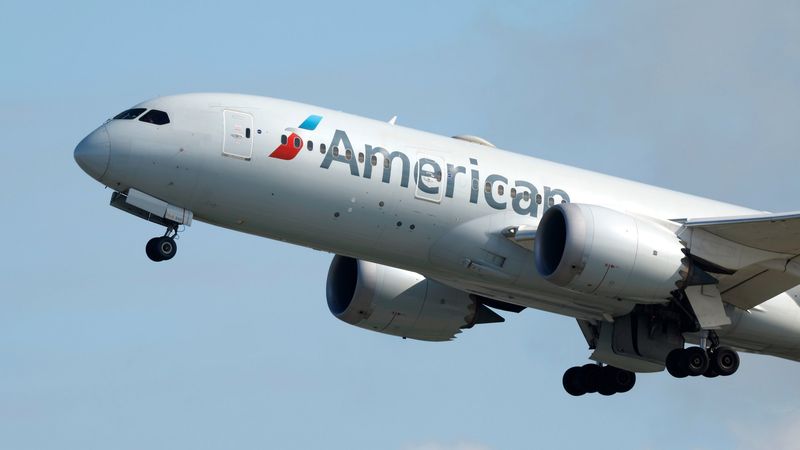
American Airlines filed paperwork with the Department of Transportation asking for a special waiver. This document would let them pause certain Cuba flights during winter months without losing their official route rights forever.
The airline wants flexibility to move planes elsewhere when demand drops. Getting approval means they can bring back these routes later if more people want to visit Cuba again.
2. American Travelers Are Avoiding Cuba

Only 67,044 Americans visited Cuba in June 2025, compared to 83,197 the previous year. That represents a steep drop of over 16,000 fewer travelers in just twelve months.
Travel numbers still haven’t bounced back to where they were before the pandemic hit. Many factors contribute to this decline, making Cuba routes less profitable for airlines to operate regularly.
3. Other Airlines Are Pulling Back Too
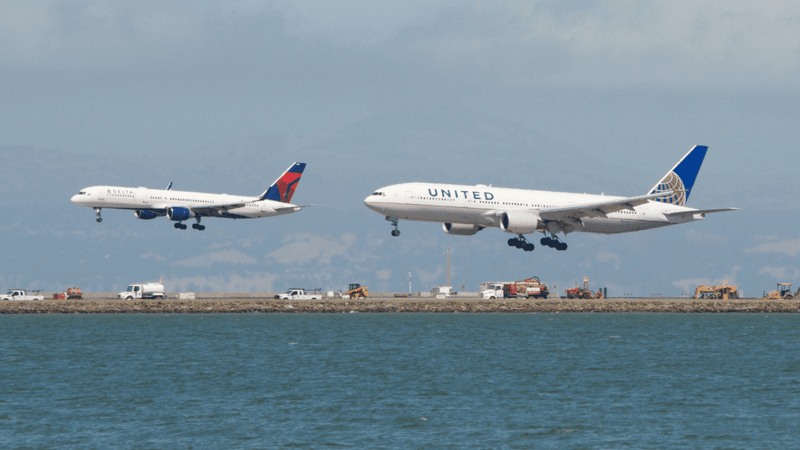
United and Delta have already reduced their Cuba flight schedules significantly. This trend proves the demand problem isn’t just affecting American Airlines alone.
When multiple major carriers scale back service to the same destination, it usually signals broader market issues. Airlines closely watch each other’s moves and often make similar decisions when facing identical challenges in specific markets.
4. Miami to Havana Routes Face Major Cuts
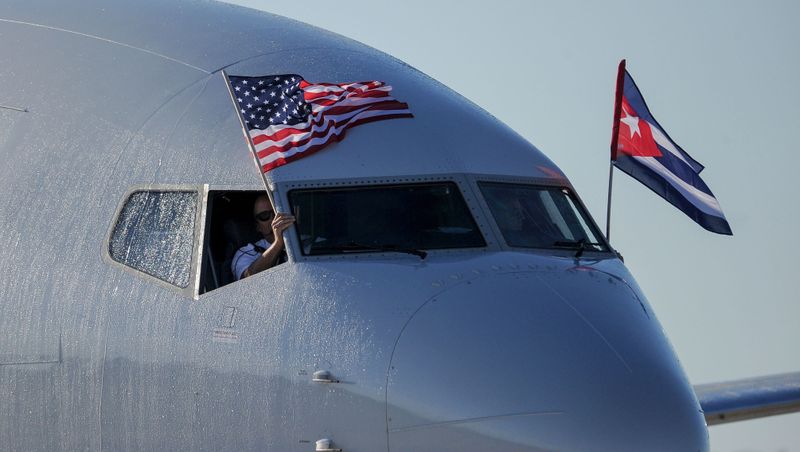
American currently operates eight daily round trips between Miami and Havana, making it one of their busiest Cuba routes. However, several of these flights are now scheduled for temporary suspension.
Miami serves as the main gateway for Cuba travel from the United States. Reducing service on this popular route shows just how serious the demand decline has become for Caribbean destinations.
5. Santiago de Cuba Service Also Affected
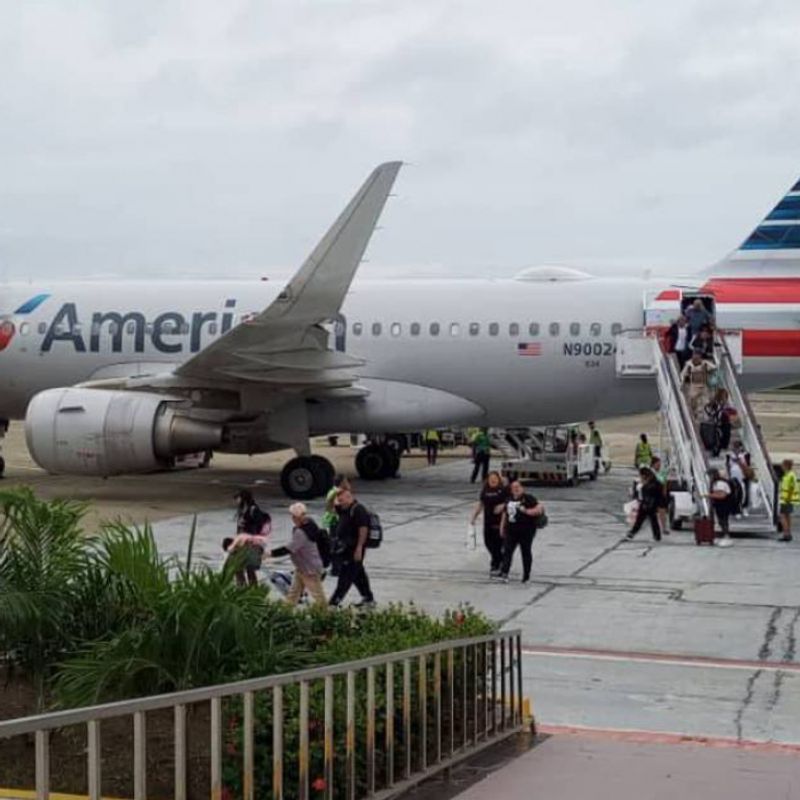
Beyond Havana, American plans to suspend at least one Miami to Santiago de Cuba flight. Santiago represents Cuba’s second-largest city and an important cultural destination.
The airline says service could return later if passenger demand improves significantly. This wait-and-see approach lets them test market conditions before making permanent route decisions for secondary Cuban cities.
6. Suspensions Could Last Until Spring 2026
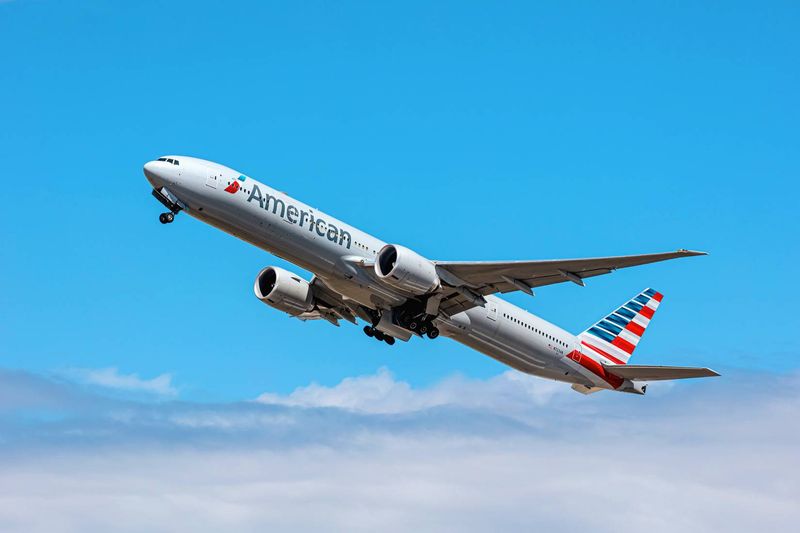
According to official filings, the dormancy waiver would remain active until March 28, 2026. This timeline gives American Airlines nearly a full year of flexibility.
During this period, they can move aircraft to more profitable routes elsewhere. The spring 2026 end date allows them to reassess Cuba demand before the next peak travel season begins.
7. State Department Warnings Hurt Tourism

The U.S. State Department has issued multiple travel advisories urging Americans to exercise increased caution when visiting Cuba. These warnings cite rising crime rates and frequent nationwide power outages.
Since October 2024, electrical grid problems have become particularly severe across the island. Such official warnings significantly impact tourist confidence and booking decisions for international travel.
8. Special Licenses Still Required for Cuba Travel
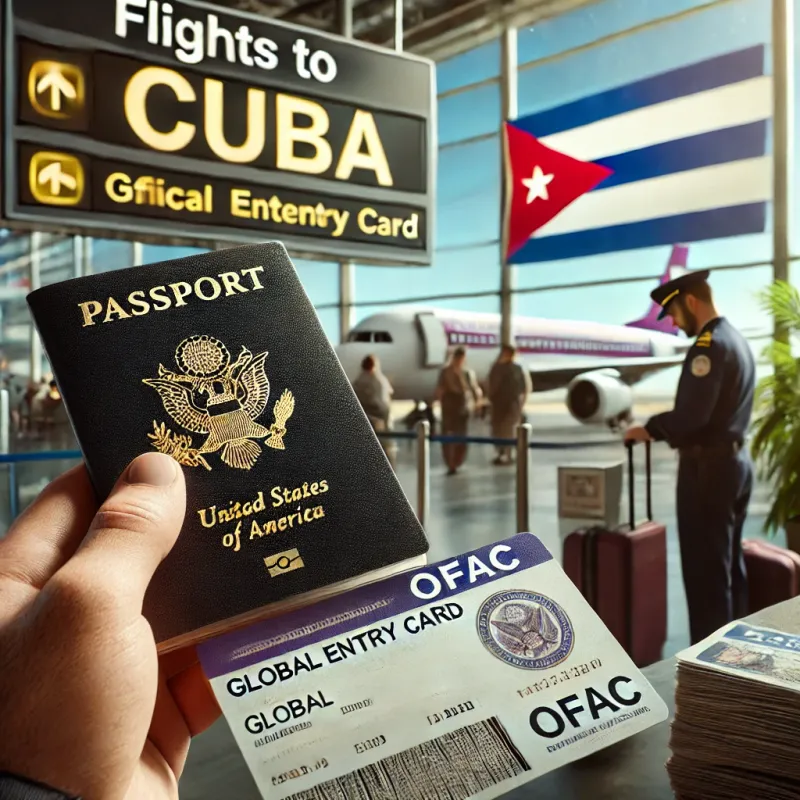
Americans cannot legally visit Cuba without obtaining an OFAC license first. The Office of Foreign Assets Control manages these permits under ongoing trade restrictions.
This bureaucratic requirement creates another barrier for casual tourism compared to other Caribbean destinations. The licensing process adds complexity that many potential travelers prefer to avoid when planning vacation trips.
9. European Expansion Takes Priority

While cutting Cuba service, American is betting heavily on European destinations for 2026. New routes include Budapest, Hungary, offering the only nonstop U.S. service there.
Additional European expansion covers new flights to Greece and Italy, plus increased capacity to Prague and Tokyo. This strategy focuses resources on high-demand international markets with strong profit potential.
10. Customer Demand Drives Route Decisions
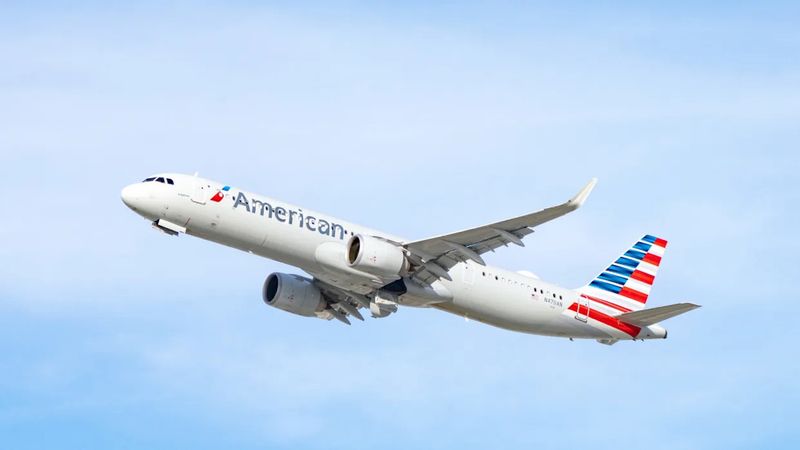
Brian Znotins, American’s Senior VP of Network Planning, explained their strategy clearly. He noted that customers consistently tell them Europe is their preferred summer destination.
This direct feedback drives the pivot from low-demand Cuba routes to high-demand European cities. Airlines succeed by listening to passenger preferences and adjusting their networks accordingly to maximize both satisfaction and profitability.

